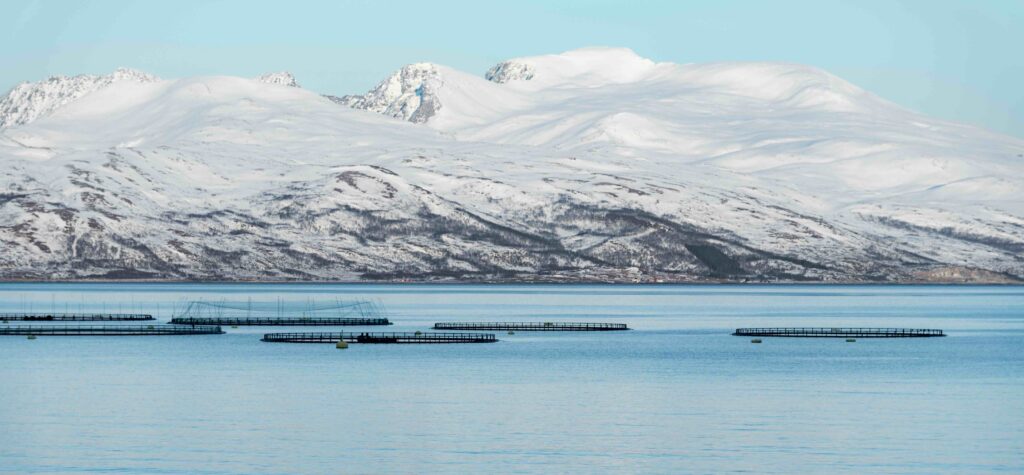Seafood could be key wartime resource, experts say

Could Norway’s aquaculture and fishing sectors feed the country in the event of a European war?
That was the serious question posed at a recent Seafood Norway debate – and the resounding answer is “Yes!”.
Norway is a member of NATO, shares the northeastern part of its border with Russia, and as such, would be on the front line in any major (non-nuclear) armed conflict with that country.
The event was attended by seafood and former senior military personnel and along with politicians and senior civil servants.
Russia’s attack on Ukraine has led to increasing attention being paid to the possibility, however unlikely it might seem, of a northern European war involving NATO.
The conference was told by former army lieutenant colonel Geir Hågen Karlsen, that fish farming facilities and fishing boats were unlikely to be attacked in a first conflict.
It heard that during the cold war, Norway had a so called “bastion” style defence against a Soviet attack, with the Russians expected to threaten trade and maritime operations with submarines, but since the war with Ukraine this was no longer the assumption.
The debate was told that up to now seafood had been largely left out of the discussion over whether Norway could feed itself during a major conflict.
Venstre (Liberal) party spokesman Alfred Bjørlo said the industry had not featured in parliament’s discussion on war preparedness. He promised to do something about that if the party was involved in government after the general election next year.
He added: “One thing is certain – it should not be the case that agriculture should have a monopoly on the concept of food.”
The Conservative fisheries policy spokesperson, Olve Grotle said his party had also raised the issue in the Storting, Norway’s parliament.
The conference was told that fish should be able to contribute to Norway’s self-sufficiency in food by being able to produce up to 76% of the population’s estimated daily need per head of 2,350 calories.
Leo Gründfeldt, founder and partner in the political and economic consultancy Menon said seafood could secure the country nutritionally for a long time.
He added: “The message that is being put forward today is completely wrong. Seafood can secure us for a long time.
“Salmon will be our refrigerator. We produce 1.4 million tonnes annually. If the borders are closed, we have more than enough salmon to supply Norway for a long time to come.”
“In addition, offal from fish that is currently exported could be used to a greater extent as an ingredient for feed.”

